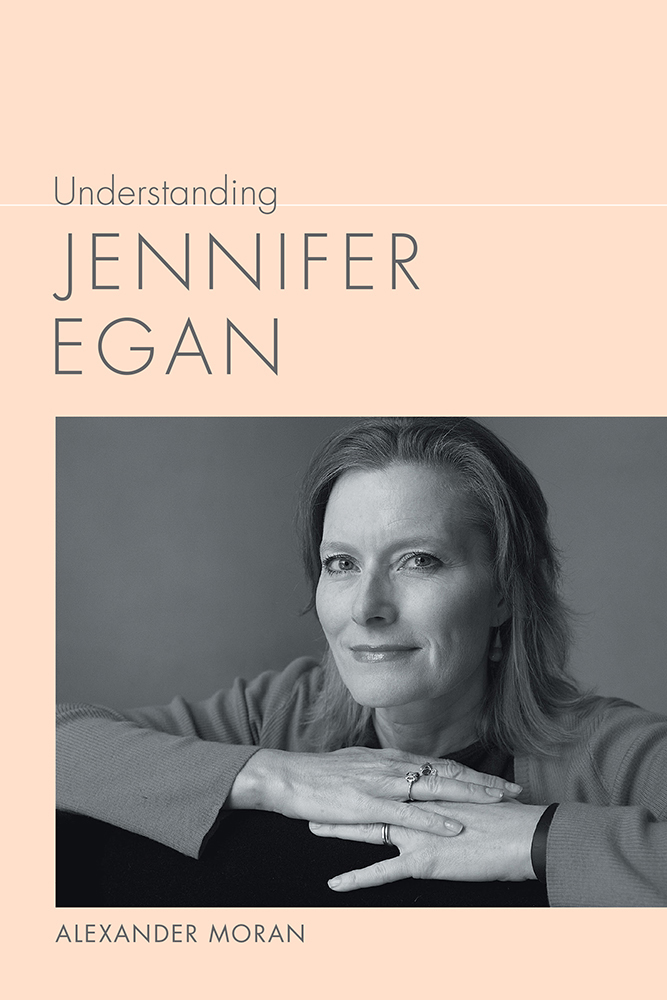Sam is particularly involved in “Brady bonds,” a type of restructured bank loan given to poorer countries, as well as investments in “emerging markets” (11). That Caroline’s sculpting career is built on the back of these ethically questionable activities suggests that any pretense that her art is authentically separate from the market is a stage that hides an unsavory funding source. Sam is troubled by what he does for a living throughout the story. He finds himself haunted by the Maasai children he worked with in Kenya and is “enraged” when comparing their struggles to the privileges he has purchased for his daughters (6). Throughout Egan’s writing there is a preoccupation with characters making compromises in their careers, and in particular how these compromises relate to their academic aspirations. For instance, Sam originally planned to make money and then return to studying anthropology or social work. Eve traces these depictions throughout Egan’s later work but does not quite account for the appearance of academic labor in “Why China?” and, as will be discussed later in the chapter, in “Letter to Josephine” (Eve “Structural”). In these early stories, academia is shown to be deeply connected to market forces, as Sam cannot quit to pursue the career he wants because their “overhead was so high” (8); he has compromised for financial gain, and he feels inauthentic to himself as a result.

